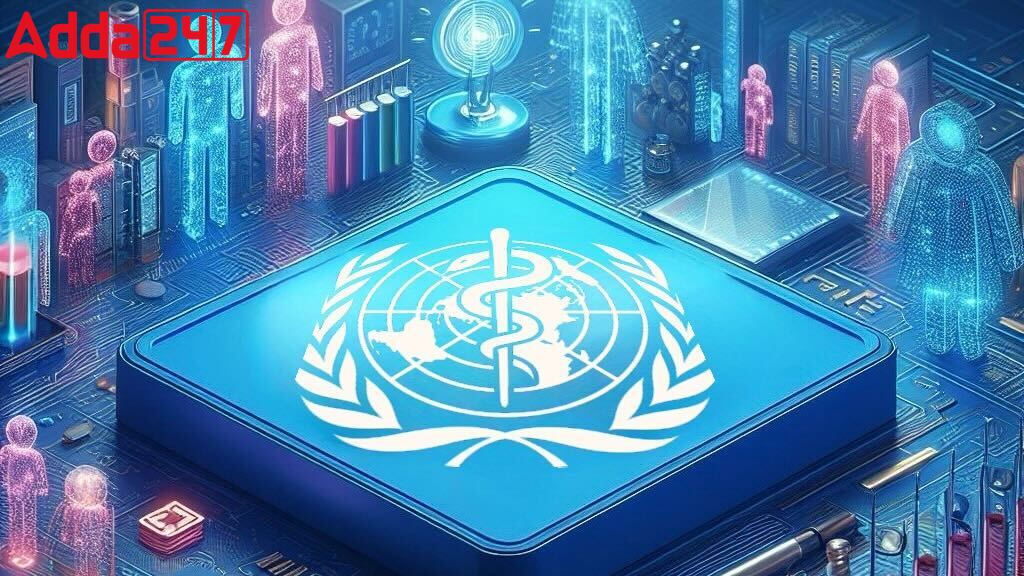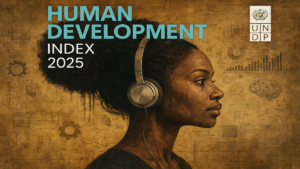The World Health Organization (WHO) has issued comprehensive guidelines for the ethical use and governance of Large Multi-Modal Models (LMM) in healthcare. These advanced generative AI technologies, such as ChatGPT, Bard, and Bert, have rapidly transformed healthcare delivery and medical research by processing diverse data inputs like text, videos, and images. Despite their potential benefits, WHO emphasizes the critical need to carefully evaluate the risks associated with LMM adoption.
Applications of LMMs in Healthcare
The WHO document identifies five key applications of LMMs in healthcare, including diagnosis and clinical care, patient-guided use, administrative tasks, medical education, and scientific research. However, risks such as the generation of false or biased statements and issues related to data quality and bias are noted.
Recommendations and Concerns
WHO urges a collaborative approach involving governments, technology companies, healthcare providers, patients, and civil society in all stages of LMM development. Key recommendations include investing in public infrastructure, using regulations to ensure ethical obligations, and introducing mandatory post-release audits. The organization also stresses the importance of global cooperation to effectively regulate AI technologies.
Ethical Principles and Governance
WHO’s guidance builds upon six core principles: protecting autonomy, promoting human well-being, ensuring transparency, fostering responsibility, ensuring inclusiveness and equity, and promoting responsive and sustainable AI. The guidelines highlight the necessity of ethical considerations and governance in AI for health, addressing concerns such as biased data, misleading information, and potential misuse of LMMs.
Important Takeaways For All Competitive Exams
- WHO Guidelines: Multi-Modal AI in Healthcare released, emphasizing ethical use and governance.
- Large Multi-Modal Models (LMM), like ChatGPT, rapidly transforming healthcare, but risks include biased data and misinformation.
- WHO calls for global collaboration involving governments, technology firms, and healthcare stakeholders in all LMM development stages.
- Key recommendations for governments: invest in public infrastructure, use regulations, conduct post-release audits for ethical AI deployment in healthcare.
- WHO’s six core principles for AI in health: protect autonomy, promote well-being, ensure transparency, foster responsibility, ensure inclusiveness, and promote sustainability.
Important Questions Related to Exams
-
What organization released guidelines on the ethical use of Large Multi-Modal Models in healthcare?
- Name three Large Multi-Modal Models mentioned in the context of healthcare.
- How many core principles did WHO identify for AI in health in its 2023 guidance?
- What are the five broad applications of Large Multi-Modal Models in healthcare as per WHO’s guidelines?
-
What is the potential risk associated with Large Language Models (LLM) mentioned by WHO?
Kindly share your responses in the comment section!!




 India's Progress in Human Development In...
India's Progress in Human Development In...
 CareEdge State Rankings 2025: Maharashtr...
CareEdge State Rankings 2025: Maharashtr...
 Top 10 Most Expensive Cities To Live Aro...
Top 10 Most Expensive Cities To Live Aro...








